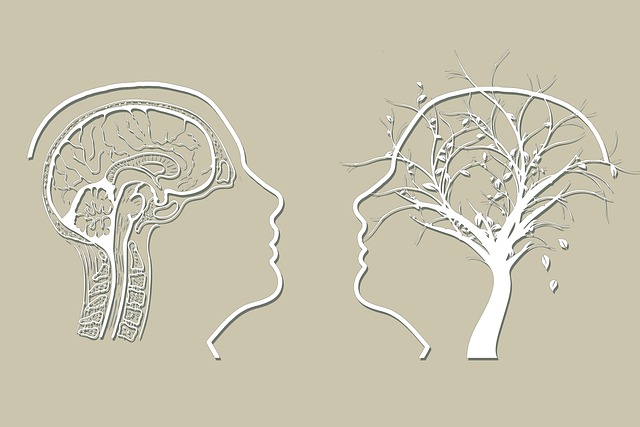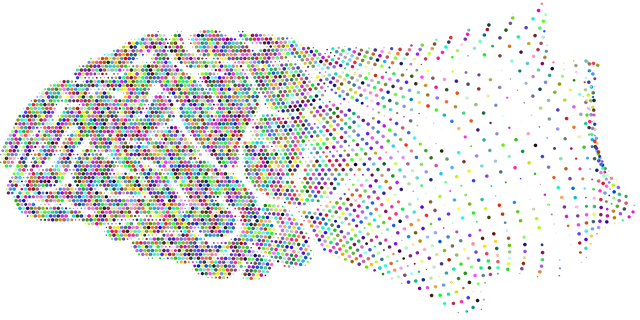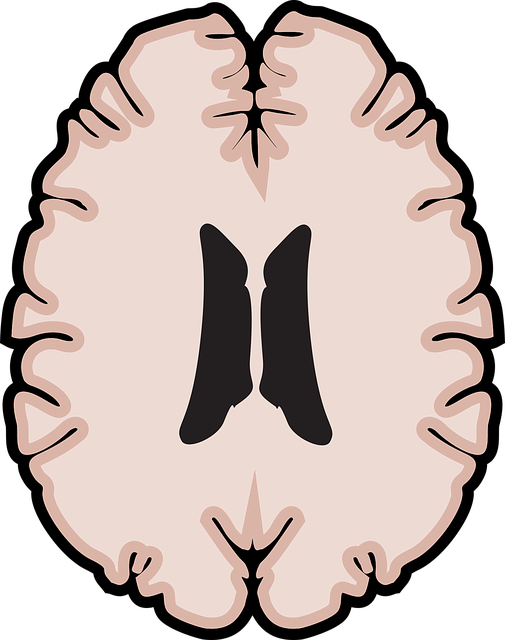Lakewood ADD-ADHD Therapy offers a comprehensive approach to addressing ADD/ADHD, combining evidence-based strategies with holistic techniques for skill development and mental wellness. Success evaluation involves both quantitative (surveys, questionnaires) and qualitative (interviews, focus groups) methods to assess improvements in symptoms, attitudes, behaviors, and personal experiences. This dual approach enables programs to tailor services, identify areas for enhancement, and develop effective strategies like burnout prevention and cultural competency training, as demonstrated by Lakewood ADD-ADHD Therapy. Clear, measurable goals, coupled with consistent monitoring using standardized tools, ensure program adaptability and better outcomes for individuals seeking support.
Mental wellness program evaluations are vital to ensure effectiveness and measure success. This article explores robust methods, beginning with establishing a strong foundation through Lakewood ADD-ADHD Therapy, known for its transformative impact on mental health. We delve into diverse assessment techniques, from qualitative insights gleaned through interviews to quantitative data collection methods like surveys. Balancing these approaches enables a comprehensive evaluation, allowing programs to track mental health improvements and adapt strategies for optimal outcomes.
- Understanding Lakewood ADD-ADHD Therapy: A Foundation for Mental Wellness Programs
- Assessment Techniques: Evaluating Program Effectiveness
- Data Collection Methods for Comprehensive Analysis
- Qualitative vs Quantitative Approaches: Balancing Insights
- Measuring Success: Defining and Tracking Mental Health Improvement
Understanding Lakewood ADD-ADHD Therapy: A Foundation for Mental Wellness Programs

Lakewood ADD-ADHD Therapy serves as a foundational pillar for mental wellness programs, offering specialized treatment tailored to address Attention Deficit Disorder (ADD) and Attention Deficit Hyperactivity Disorder (ADHD). This approach recognizes the unique challenges faced by individuals with these conditions, focusing on both behavioral and cognitive strategies to enhance focus, reduce impulsivity, and improve overall emotional regulation. By combining evidence-based practices, such as structured guidance and journaling exercises, with a holistic understanding of mental wellness, Lakewood Therapy creates a supportive environment where individuals can develop essential skills for managing their symptoms.
Beyond immediate therapy sessions, the program encourages ongoing self-care through mental wellness journaling, promoting reflection and emotional awareness. This practice not only supports burnout prevention but also fosters self-awareness and coping mechanisms that extend into daily life. By integrating these strategies, Lakewood ADD-ADHD Therapy aims to empower individuals with ADHD/ADD to navigate their lives effectively, ensuring improved mental wellness and enhanced quality of life.
Assessment Techniques: Evaluating Program Effectiveness

Evaluating the effectiveness of a mental wellness program is a multifaceted process that encompasses various assessment techniques. These methods are essential for understanding the impact and success of interventions, particularly in areas like Lakewood ADD-ADHD Therapy where tailored support is crucial. One key approach involves utilizing standardized questionnaires and surveys to gather data from participants. These tools can assess symptoms, attitudes, and behaviors before and after program participation, providing insights into specific improvements or changes.
Additionally, qualitative methods such as interviews and focus groups offer deeper perspectives. They allow individuals to share personal experiences, highlighting the transformative power of compassion cultivation practices, mind over matter principles, and trauma support services. By combining quantitative and qualitative data, mental wellness programs can comprehensively gauge their effectiveness, identify areas for improvement, and ensure that services meet the unique needs of those they serve.
Data Collection Methods for Comprehensive Analysis

Evaluating a mental wellness program requires robust data collection methods to gain a comprehensive understanding. This involves a multi-faceted approach, including qualitative and quantitative techniques, to capture various aspects of participant experiences and outcomes. Surveys, interviews, focus groups, and observations are powerful tools for gathering first-hand accounts from individuals enrolled in the program, offering insights into their perceptions, satisfaction levels, and improvements made. For instance, a survey designed to assess the effectiveness of Lakewood ADD-ADHD Therapy can include questions tailored to measure changes in symptoms, overall well-being, and the impact on daily functioning.
Additionally, integrating data from various sources enhances the analysis. This could involve reviewing clinical records, tracking attendance rates, and collecting feedback from mental health professionals involved in the program. A holistic approach, incorporating these diverse data collection methods, allows for a more nuanced evaluation, ensuring that the program’s strengths and areas for improvement are accurately identified. Moreover, it aids in developing evidence-based strategies, such as enhancing burnout prevention techniques (Burnout Prevention Strategies for Healthcare Providers) and promoting cultural competency training (Healthcare Provider Cultural Competency Training), to optimize mental wellness initiatives.
Qualitative vs Quantitative Approaches: Balancing Insights

Evaluating mental wellness programs requires a balanced approach that combines both qualitative and quantitative methods. Qualitative methods, such as interviews, focus groups, and observations, provide rich insights into participants’ experiences, perceptions, and emotional responses. This approach is particularly valuable for understanding nuanced aspects of mental health, like the impact of specific therapy techniques or the support received from community outreach programs, as exemplified by Lakewood ADD-ADHD Therapy.
Quantitative methods, on the other hand, offer measurable data and statistics that help assess program effectiveness. Surveys, rating scales, and analytical tools like statistical analysis and meta-analysis allow for objective comparisons and identification of trends. Integrating these approaches ensures a comprehensive evaluation that captures both the qualitative depth and quantitative breadth of mental wellness interventions, aligning with the development and guidance of Mental Wellness Coaching Programs and Implementation of Community Outreach Program strategies. Similarly, Mental Wellness Journaling Exercises can benefit from this balance, providing tangible metrics alongside personal narratives for a holistic understanding of participant progress.
Measuring Success: Defining and Tracking Mental Health Improvement

Measuring success is a crucial aspect of evaluating any mental wellness program, including Lakewood ADD-ADHD Therapy initiatives. Defining and tracking mental health improvement involves setting clear, measurable goals that align with the program’s objectives. This could include reductions in symptoms, improvements in self-esteem (a key focus for many therapy programs), and enhanced overall well-being. Professionals should employ standardized tools and assessments to ensure consistent and accurate measurements over time.
For instance, a risk assessment for mental health professionals can help identify at-risk individuals who may benefit from more intensive support. Community outreach program implementation should also be evaluated to understand its impact on the target population’s mental health. By regularly monitoring these aspects, programs like Lakewood ADD-ADHD Therapy can adapt strategies, ensure effectiveness, and ultimately foster better outcomes for those seeking support.
Evaluating mental wellness programs, such as Lakewood ADD-ADHD Therapy, requires a multi-faceted approach. By combining assessment techniques, data collection methods, and balancing qualitative with quantitative insights, we can comprehensively analyze program effectiveness. Measuring success through defined mental health improvements ensures that these initiatives truly make a positive impact. Integrating these strategies allows for the continuous enhancement and optimization of mental wellness programs, ultimately fostering better outcomes for individuals seeking support.














